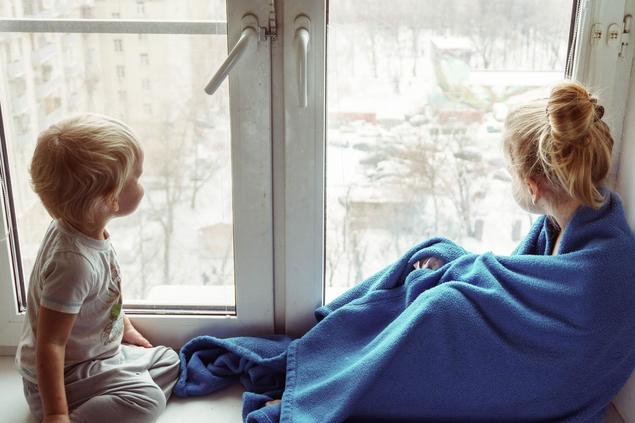FNI to Research Energy Poverty

Tor Håkon J. Inderberg leads a new project which has received 12 million NOK to obtain more knowledge on energy poverty in Norway.
Energy poverty is a known phenomenon elsewhere in Europe, but has never been researched in this country. The grant from the Research Council of Norway is NOK 12 million, and FNI is leading the project in which research partners SSB, Cicero, and the Centre for Development and the Environment (SUM) at the University of Oslo, participate.
‘Although the record high electricity prices have made the research project highly relevant, it is not the regular consumers that will be studied,’ says project leader at FNI Tor Håkon Jackson Inderberg. He says that the energy poor struggle with more than paying the electricity bill.
‘Those we consider energy poor struggle more and are more marginalized than the average person,’ he says. ‘At the same time, more people might end up in permanent energy poverty because of the long-term energy crisis which has arisen the past year.’
Energy poverty in Norwegian
Currently, there is hardly a definition of energy poverty within a Norwegian context.
‘Politicians make policies blindly,’ says Inderberg. ‘When Norway has not researched what energy poverty is, and has not created any proper definitions and clear terms, and therefore do not know who they are and how big the problem is, it makes it difficult to hit the mark with the policies that are made.’
He says that interviews done in an earlier study published by FNI show that many who experienced energy poverty did not qualify for housing allowance.
The study reported on people who were scared to invite guests over due to a lack of heating at home, and people who went to bed after dinner because it was too cold to stay up any longer.
‘This shows that the requirements for housing allowance is off-target in terms of detecting the people who have real needs.’
.jpg)
Who are the energy poor?
‘Many of the energy poor are tenants. There are a number of cost-saving measures tenants cannot implement themselves, such as re-insulation, installment of heat pumps, or changing windows. At the same time, there is a double fear in these people: their health and life quality deteriorates because they often have to sacrifice basic things to pay for electricity, while also fearing higher rental prices if the house owner was to upgrade the home,’ explains the senior researcher, who recently published a research article based on the findings from the study.
The research project PowerPoor will answer four big questions:
1) What is energy poverty in Norway, and who are the energy poor?
2) How are they doing?
3) How can accurate and good policies prevent energy poverty and help the marginalized?
4) How can one prevent the green shift from making the energy poor even more marginalized?
‘It is easy to see that a large opposition towards the green shift could build up as a result of the energy crisis. Many politicians and bureaucrats would want to avoid that, which makes it important that we researchers can bring forth a solid knowledge base upon which they can build new policies,’ says Inderberg.
Also joining the team for the research project, are partners such as Viken County Council, NBBL (an umbrella organization for co-operative housing associations, such as OBOS), Norwegian Climate Foundation, and the Norwegian Consumer Council (which is especially concerned with vulnerable consumers).
Mapping out families and measures
Karianne Krohn Taranger works at FNI and is doing her doctorate within the project. She is excited:
‘I want to get started right away’.
She will, among other things, do field work where she will visit and interview the energy poor about their situation.
‘The timeliness of the project makes it extra exciting. However, it also feels like more responsibility: there is a great chance that this research will attract more attention and interest than I am used to. That might make us researchers extra critical of our own contributions.’
Taranger hopes to contribute to finding out what one can learn from political measures which have worked and which have not worked abroad.
‘I think the research will create discussion, but it is important that we create a solid knowledge base upon which Norway can create policies.’
Continuation of FNI research
The research project PowerPoor springs from work at the large research center Include, where FNI is a partner. Include’s task is to figure out how the green shift in Norway can be carried out in the most inclusive and gentle way for the country’s inhabitants and local communities.
PowerPoor is estimated to start in the summer of 2023.
